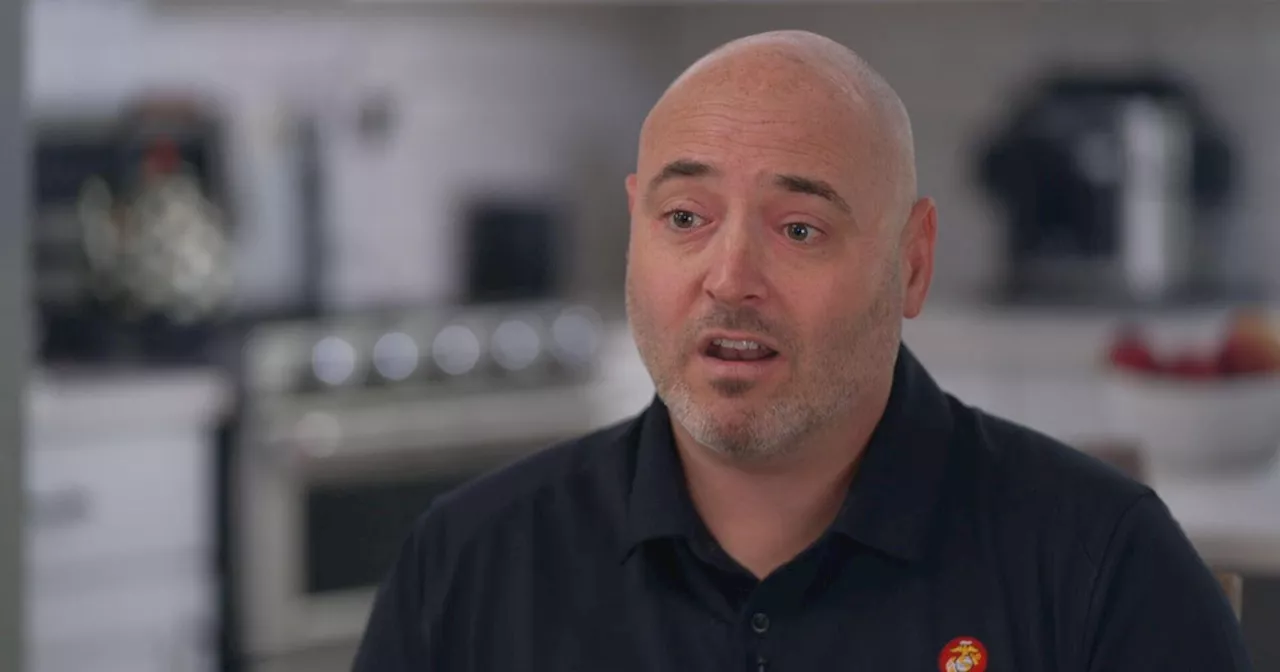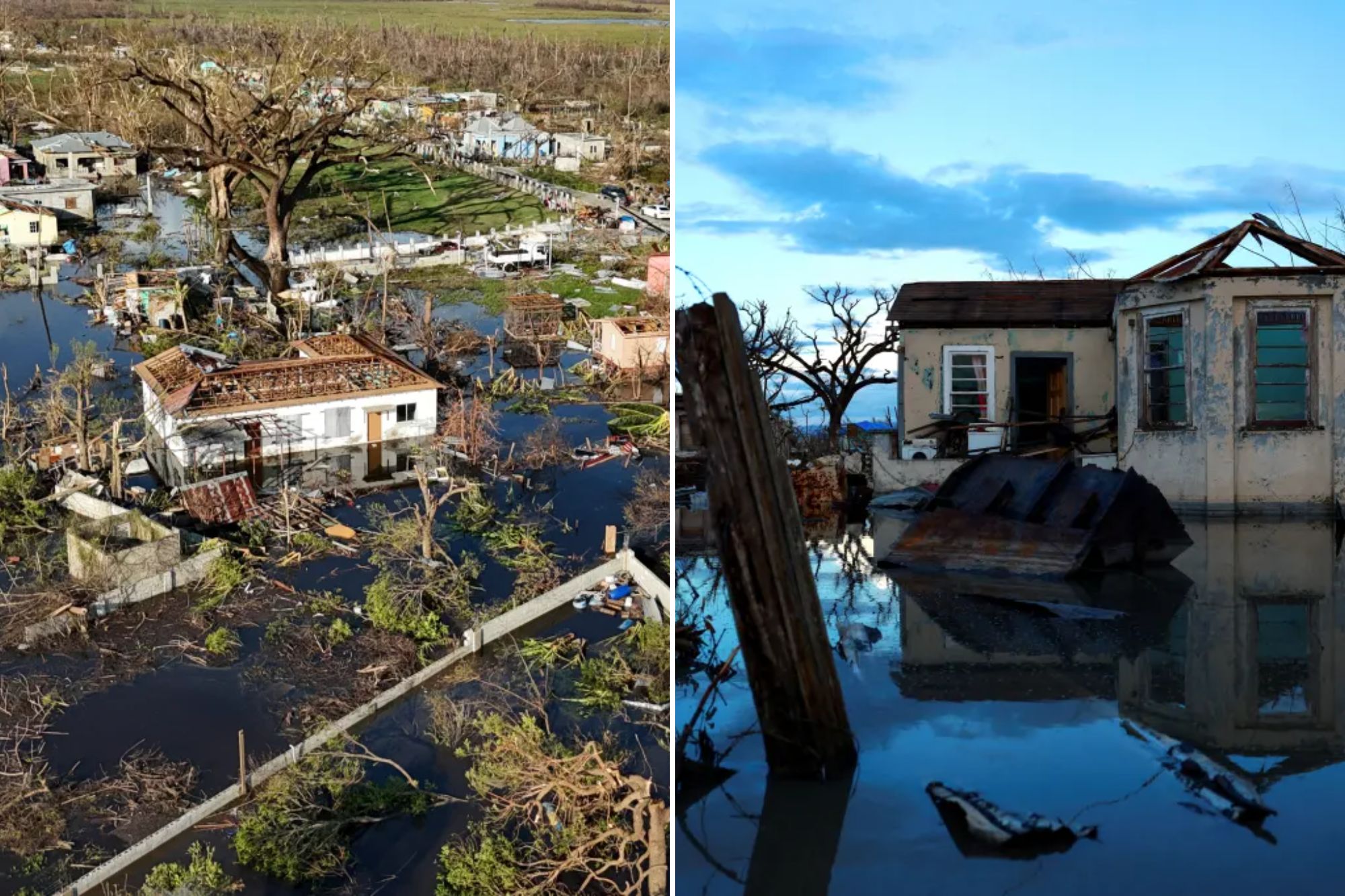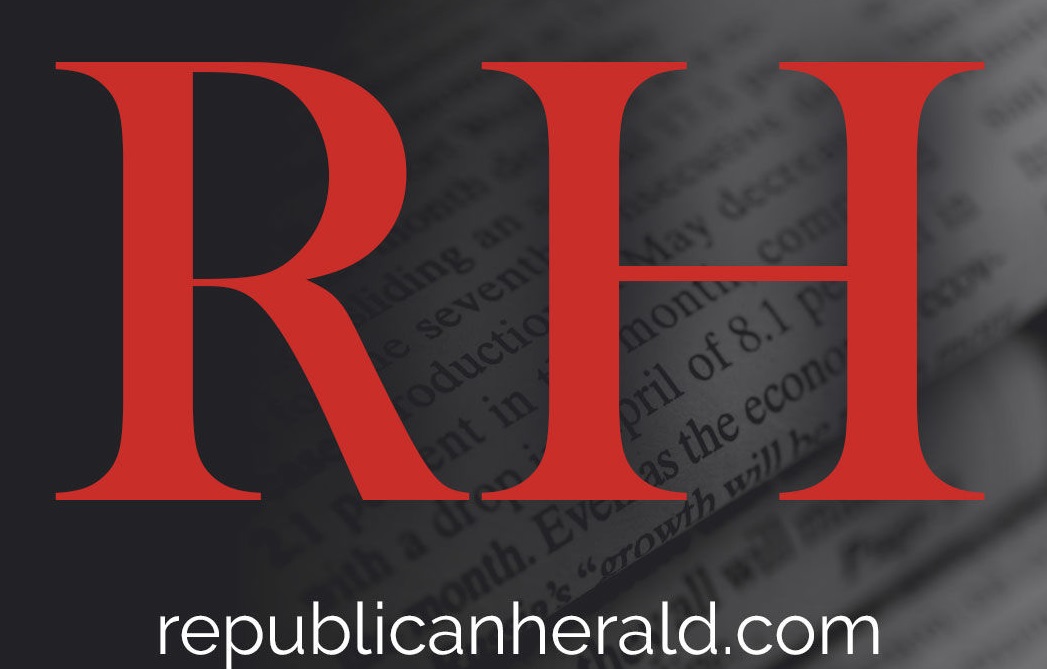Public health leaders are gathering in Washington, D.C., this week to reaffirm their commitment to America’s health amidst challenges posed by the rising Make America Healthy Again (MAHA) movement. This annual meeting of the American Public Health Association (APHA) marks a critical moment for public health advocacy, particularly in the wake of significant cuts to funding and staffing during the previous administration.
Dr. Georges Benjamin, who has led the APHA for nearly 25 years, voiced his concerns about the current landscape. He stated, “I think public health is under attack by our own federal government more than anything else.” The Trump administration’s policies have not only reduced resources but also encouraged movements like MAHA, led by health secretary Robert F. Kennedy Jr.. This movement seeks to challenge established norms in the health system, which Kennedy asserts are “corrupt.”
MAHA’s focus is on addressing chronic diseases through individual medical choices, presenting solutions that public health leaders criticize for lacking a foundation in robust evidence. In contrast, traditional public health advocates systemic approaches aimed at preventing both infectious and chronic diseases. This week, over 11,000 public health professionals are convening to discuss these pressing issues and defend their vision for the future of health in the United States.
The meeting, which takes place in Washington, D.C., for the first time in over a decade, adopts a defiant tone. An introductory video dramatically announces the mission: “Defend the integrity of public health. Protect vaccinations and immunization systems. Expose and resist political interference. And above all, never let fear win.”
Participants are engaging in a variety of sessions, including “Defending Science as a Higher National Value: A National Imperative” and “Attacks on Science and the Public’s Health: How We Are Fighting Back.” These discussions aim to equip public health officials with strategies to counteract the narratives promoted by MAHA. The event will culminate in a “Rally for the Public’s Health” on the National Mall, emphasizing unity and action among public health advocates.
In an interview, Dr. Benjamin elaborated on the current threats to public health infrastructure. He noted that alongside staffing and funding cuts, there is a dismantling of healthcare financing and insurance systems. “They’re undermining the core systems that we have for people to get good, solid medical care in our country,” he remarked. Moreover, he highlighted that changes to tariff policies are complicating access to necessary medical technologies and medications.
Mark Gorton, co-founder and co-president of the MAHA Institute, contends that the U.S. health system needs to be reoriented around truth rather than traditional public health paradigms. Gorton, a businessman with no formal medical training, criticized the notion of government officials dictating health decisions to individuals. “The fact that you have a government which thinks that it knows better than people themselves how best to take care of themselves is quite simply, I think, perverse,” he stated.
Public health leaders challenge Gorton’s views, asserting that the foundations of public health have significantly improved life expectancy and quality of life. Dr. Benjamin pointed out, “The reason that most of us are alive long enough to be able to complain about public health is because of public health.” He cited the success of initiatives that have saved millions of lives through improved sanitation and vaccination programs.
Dr. Carmen Nevarez, a seasoned public health leader, acknowledged that MAHA’s emergence reflects genuine concerns from the public regarding healthcare experiences. “It comes out of people’s lived realities, and circumstances where they felt that something was not addressed correctly,” she explained. This sentiment resonates amid rising healthcare costs and the isolating effects of the COVID-19 pandemic.
Sarah Story, executive director of the Jefferson County, Colorado, Health Department, emphasized the appeal of MAHA’s influencers. “MAHA Moms are great at making life look effortless,” she noted, recognizing that their messaging connects with parents’ fears about corporate influence on their children’s health. This approach contrasts with traditional public health communication, which has often been perceived as paternalistic.
While both MAHA and public health aim to promote health, their methodologies diverge significantly. Dr. Benjamin stated, “Our approach is more evidence-based than theirs.” He highlighted the necessity of occasionally imposing health regulations for the greater good, such as mandating treatments for contagious diseases to safeguard community health.
Public health leaders are determined to forge ahead with their vision of health protection. The ongoing discussions in Washington, D.C., reflect a critical juncture for the field as it seeks to adapt and respond to evolving public sentiments and pressures. As the conference progresses, public health advocates are strategizing on how best to engage the public and articulate the importance of evidence-based health measures.
For those wishing to contribute to the conversation about the ongoing changes in public health, contact information is available through Signal for Pien Huang at @pienhuang.88.







